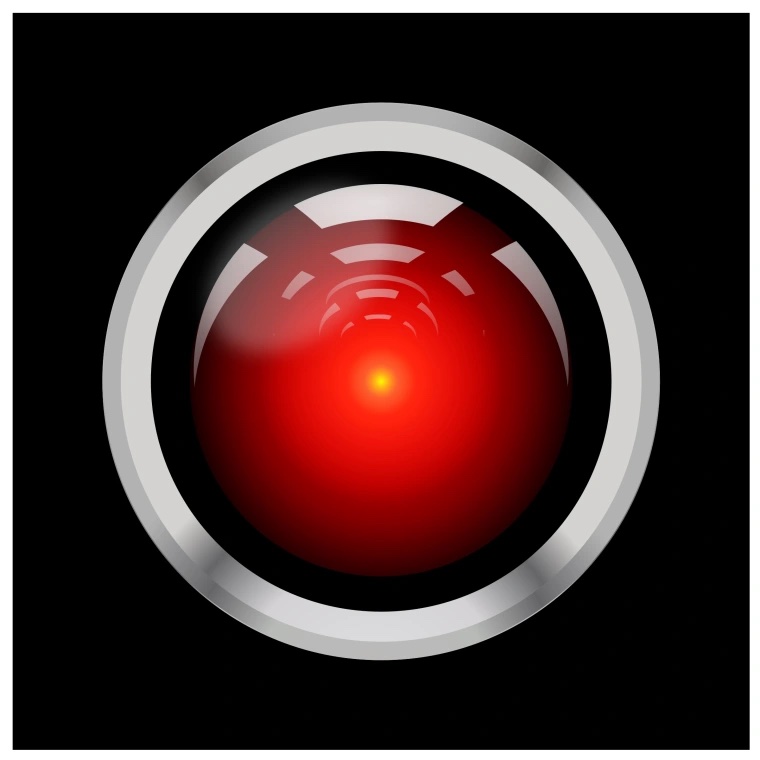The film They Cloned Tyrone initially did not strike me as being particularly concerned with Artificial Intelligence. My first impression was that it leaned more towards themes of mass manipulation or, more accurately, mass conformity. However, as I delved deeper into the narrative, a realization dawned upon me. If we view the drug within the film as a tool for manipulation, then the cloned Tyrones essentially mirror the characteristics of Artificial Intelligence: they are susceptible to manipulation and alteration, can be molded to serve any purpose deemed necessary for control, and require stimulation to operate under such controlled conditions. More crucially, the Tyrones lack consciousness. Upon reaching a certain threshold, they uniformly adhere to a predetermined regime, evoking the concept of mass hysteria. This term refers to the phenomenon where a large group of people collectively buy into certain fictitious notions or imagery, eventually experiencing similar delusions.
What distinguishes this film as peculiar is its portrayal of the Tyrones. Despite being human, they are depicted in a manner that suggests they are more machine-like, or “mechanized.” Each clone displays a minimal level of personal desire or emotion, lacks individuality, and can be “reset” at any moment. The use of visual stimuli is akin to the censorship one might associate with a camera, while auditory cues (notably from the character referred to as “mom”) can be interpreted as embedded codes or specific directives. Adding to the perplexity is the audience’s initial acceptance of these Tyrones as unremarkable at the film’s outset. Perhaps the most unsettling aspect of the film is the normalization of such mechanized existence.
This narrative prompts us to ponder a chilling possibility: what if we are the Tyrones? What if there are codes embedded within our own “cameras” or “sound recorders?” Given that the cloning or encoding of individuals goes unquestioned within the film’s universe, it’s conceivable that such a scenario could manifest in reality. This concept has tangible applications in today’s world, where facial manipulation technology allows for the alteration of identities in videos, posing significant ethical and security concerns. The line, “I need more money on my card,” could be deceitfully uttered by a digital clone, blurring the boundaries between authenticity and fabrication. The cloned Tyrones of today could very well represent a future in which we grapple with distinguishing between reality and illusion, gradually losing our grasp on consciousness and discernment.
In conclusion, the true source of our unease is not the machines or artificial intelligence we originally anticipated. Rather, it is the notion of humans becoming machine-like, eliciting an almost “uncanny valley” effect, that is profoundly disturbing. It threatens to strip us of our consciousness and recognition of reality, all while we remain oblivious, living within a construct we fail to question.

Leave a Reply